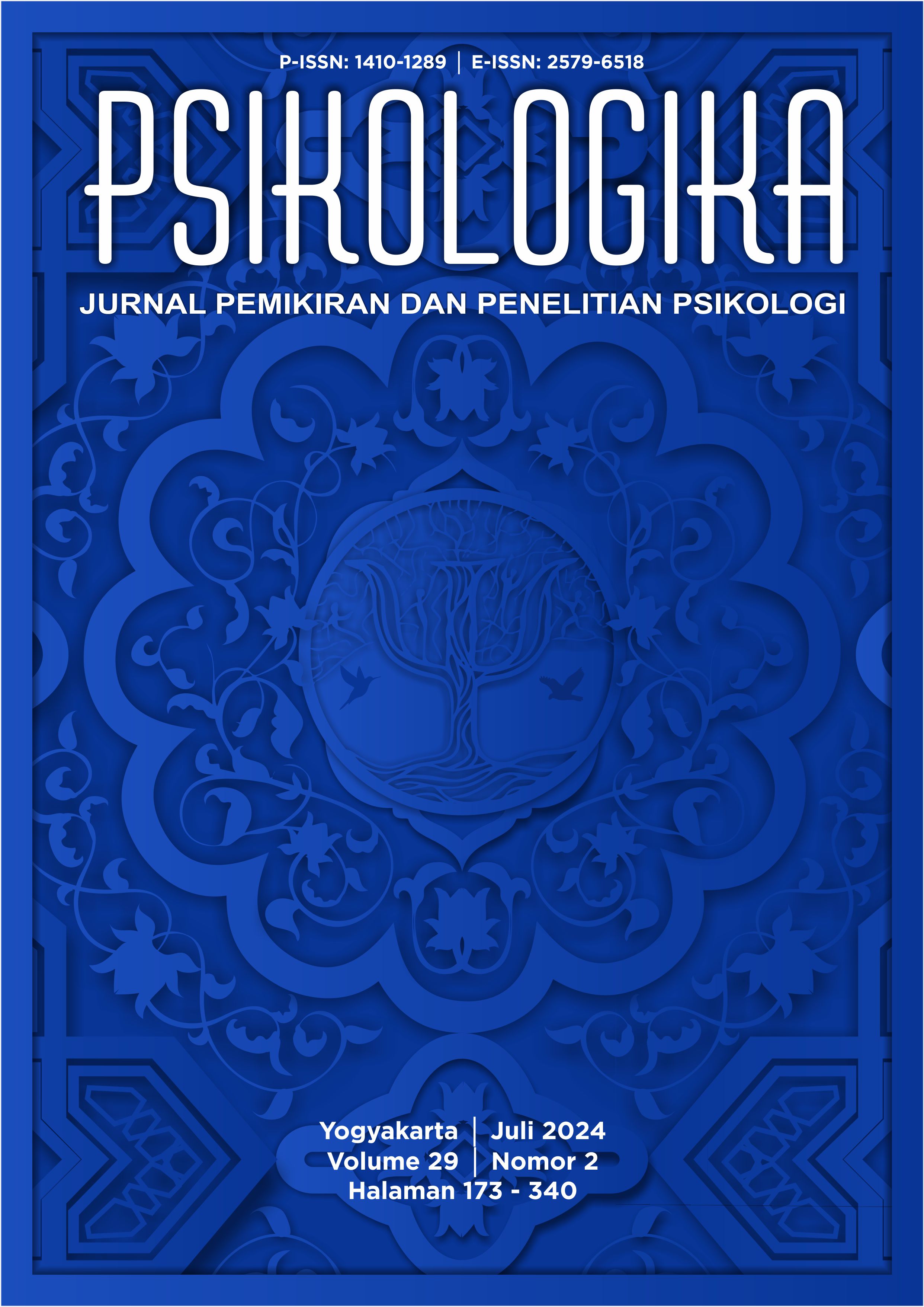Main Article Content
Abstract
In the Volatility, Uncertainty, Complexity, and Ambiguity (VUCA) era, organization in complex businesses and competitive environments with unprecedented challenges and opportunities. In this context, the development of innovation is required to survive through
work behavior. Therefore, this research aimed to explore the influence of transformational
leadership on work behavior of employees, considering meaningful work as a mediating variable. The moderating role of ambidextrous organizational culture is also tested on ASN (civil servant) at the Indonesia Ministry of X (N = 210) using the self-report data collection method. The data were analyzed using the PROCESS Model 15 statistical method developed by Hayes. The result showed that meaningful work mediated the relationship between transformational leadership and innovative work behavior (B = .50, CI 95% [.15, .42]). Moreover, ambidextrous organizational culture played a significant role as a moderator of the direct relationship between the variables (B = .3449, p < .05), but does not play a role in the indirect relationship (B = -.1292, p > .05). Practical and innovative contributions were also provided to practitioners of industrial and organizational psychology, as well as ASN in exploring innovative work behavior.
Keywords
Article Details
Copyright (c) 2024 Dania Lukitasari, Arum Etikariena

This work is licensed under a Creative Commons Attribution-ShareAlike 4.0 International License.
Authors who publish with this journal agree to the following terms:
- Authors retain copyright and grant the journal right of first publication with the work simultaneously licensed under a Creative Commons Attribution-ShareAlike 4.0 International License that allows others to share the work with an acknowledgment of the work's authorship and initial publication in this journal.
- Authors are able to enter into separate, additional contractual arrangements for the non-exclusive distribution of the journal's published version of the work (e.g., post it to an institutional repository or publish it in a book), with an acknowledgment of its initial publication in this journal.
- Authors are permitted and encouraged to post their work online (e.g., in institutional repositories or on their website) prior to and during the submission process, as it can lead to productive exchanges, as well as earlier and greater citation of published work (See The Effect of Open Access).




